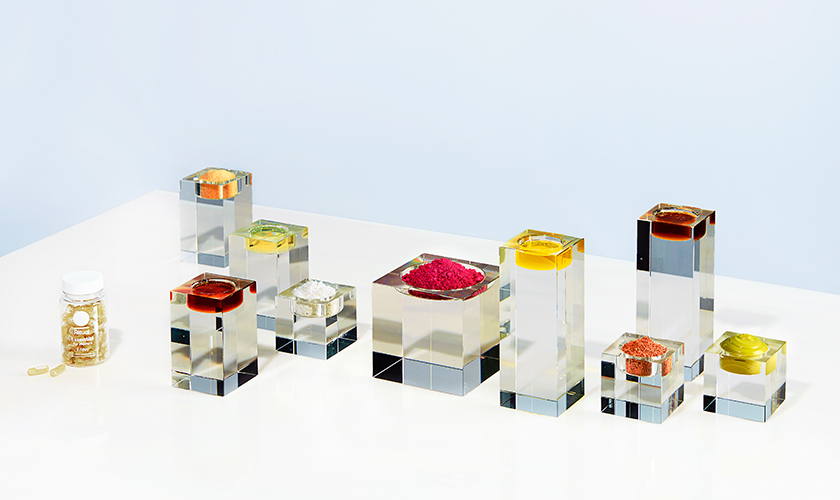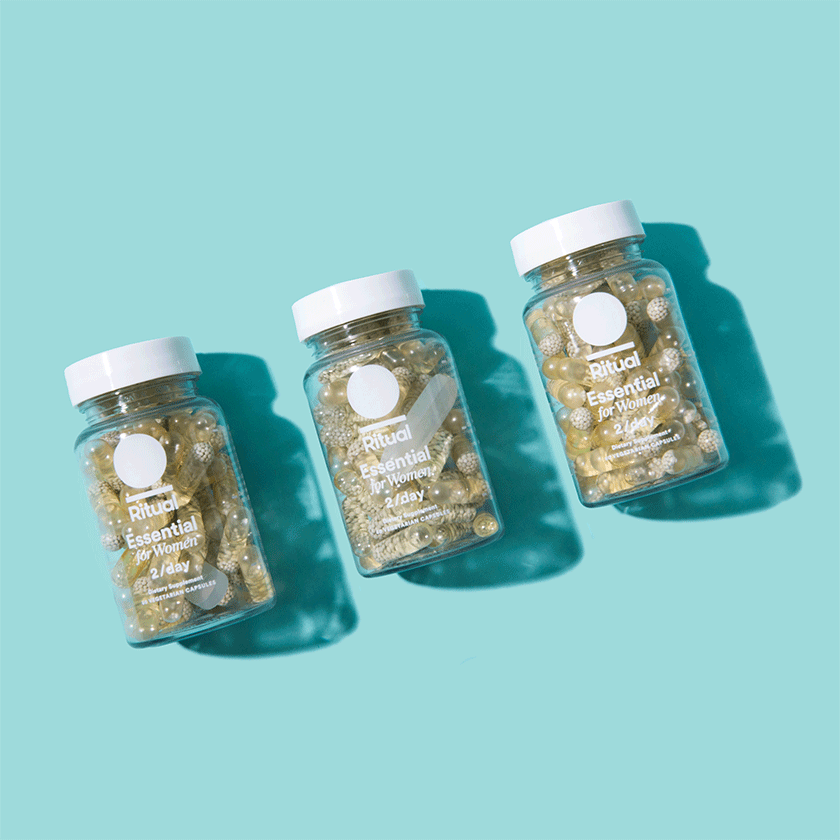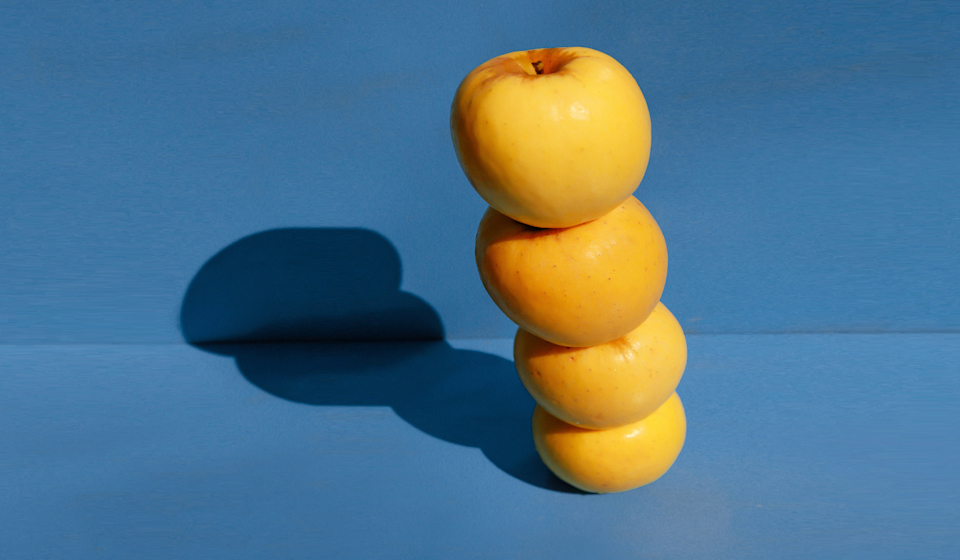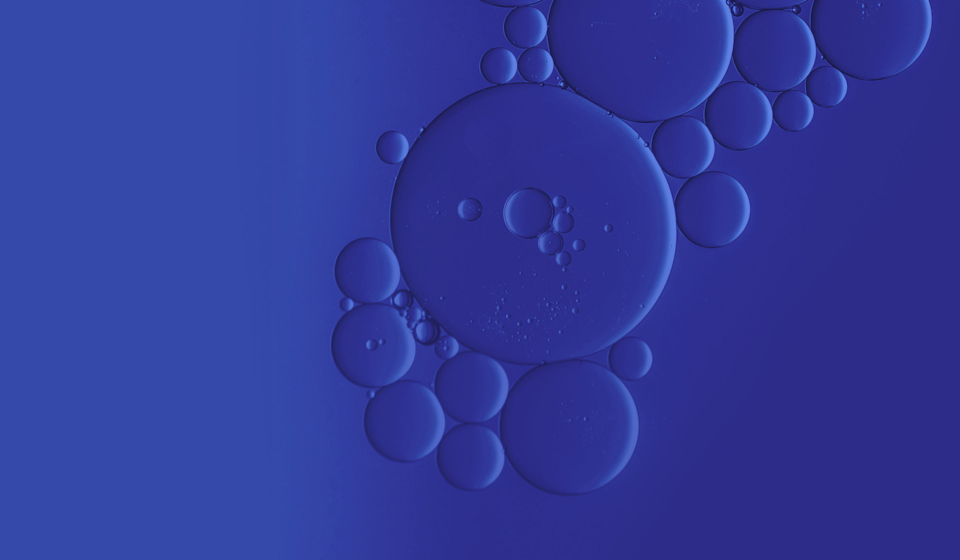Essential Takeaways
• Nutrient overflow is real: Overdoing it on one nutrient might impact another. Most of us can get a lot of the nutrients we need through diet alone.* So, if you’re asking yourself, “what vitamins should I take daily?”, keep scrolling to find out.
• We take a food-first approach to our multivitamins, nixing the excess. Instead, we focus on nutrients to help fill gaps in people's diets.*
Big news! Our gold standard clinical study is officially published on Essential for Women Multivitamin 18+—learn all about the road to our clinical trial and the results.*
Unread emails. Cologne. Dinner options. Sometimes, less really is more—and from our POV, that includes our multivitamins.
For example, did you know that we probably get plenty of vitamin C from our diet alone? And copper, and selenium? It’s easy to see these nutrients on a vitamin label and assume that they’re needed. After all, more of a good thing probably can’t hurt, right?
There’s a delicate balance to the way that nutrients work together in our bodies, and too much of one thing can impact another. Plus, it’s just not always necessary. (More on that in a minute.)
We’re all about a food-first approach to nutrient intake, and believe a multivitamin should only help fill the gaps in our diet. That’s why you’ll only find nine nutrients in our Essential for Women Multivitamin 18+, ten in Essential for Men Multivitamin 18+, and twelve in our Essential Prenatal Multivitamin. Hold the extras, please, including mystery ingredients. Our science-backed philosophy on what vitamins to take is strategically transparent. In fact, we believe in the “less is more” approach so much that we actually wish multivitamins didn’t need to exist.*














